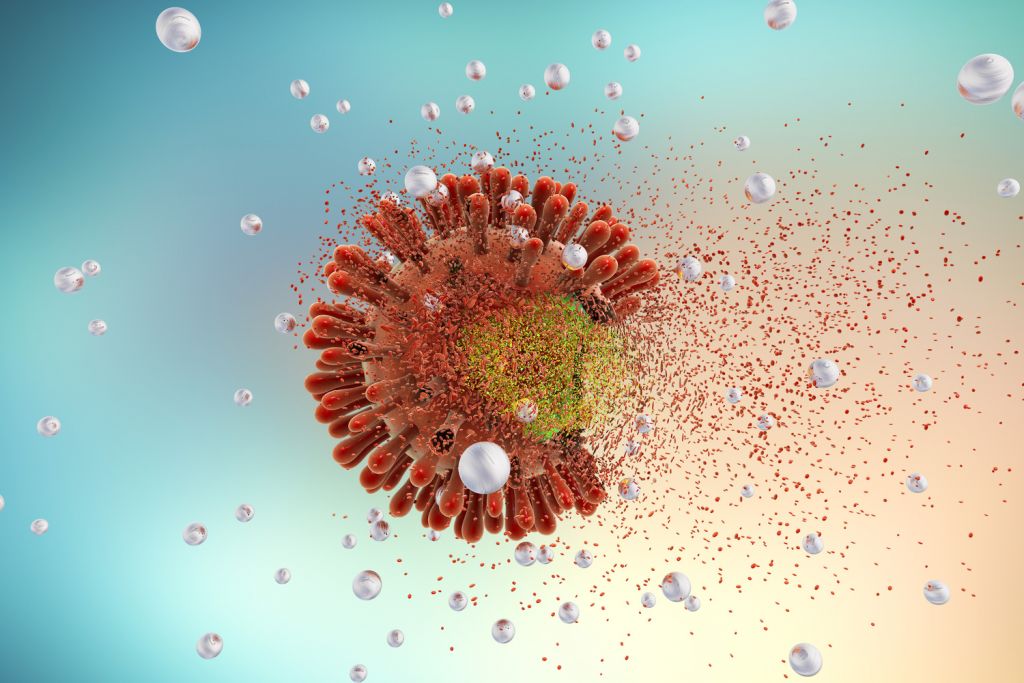A marketing authorization application (MAA) has been submitted by Dutch company Pharming Group, to the European Medicines Agency (EMA) for a rare, primary immunodeficiency in adults and adolescents 12 years and older.
Activated phosphonide 3-kinase delta syndrome (APDS), first discovered in 2013, is caused by genetic variants in either one of two identified genes known as PIK3CD or PIK3R1, vital to the development and function of immune cells in the body.
Leniolisib is an oral, selective phosphoinositide 3-kinase delta inhibitor, a treatment for the syndrome.
Accelerated assessment
On August 1, 2022, Pharming announced the leniolisib MAA was granted accelerated assessment by EMA’s Committee for Medicinal Products for Human Use (CHMP).
The accelerated assessment reduces the review timeframe from 210 days to 150 days. Upon request, the EMA will grant an accelerated assessment of an MAA if they decide the product is of major interest for public health, and in particular, from the viewpoint of therapeutic innovation. Marketing authorization for leniolisib in the European Economic Area (EEA) is anticipated in the first half of next year (2023).
Anurag Relan, chief medical officer of Pharming, said: “This MAA submission, under an accelerated regulatory pathway, is an important step towards approval of our second product in the EEA and highlights Pharming’s ongoing commitment to advancing leniolisib as a treatment for patients with APDS.
First approved treatment
“There is a significant unmet need for therapies to improve outcomes for these patients, which, if left untreated, can result in permanent lung damage and lymphoma. Leniolisib has the potential to be the first approved treatment for this rare and orphan-designated disease, and we look forward to continuing our work with key stakeholders to bring this new product to patients.”
The MAA is supported by positive data from a phase 2/3 study of leniolisib, announced on February 2, this year (2022), which met its co-primary endpoints of reduction in lymph node size and correction of immunodeficiency in the target population. Furthermore, safety data from the study showed that leniolisib was well tolerated by participants.
Also submitted as part of the MAA were data from a long-term, open-label extension clinical trial in patients with APDS treated with leniolisib.
Hyperactive immune cells
The company said APDS affects approximately one to two people per million. It is caused by variants in either of two genes, PIK3CD or PIK3R1, that regulate maturation of white blood cells. Variants of these genes lead to hyperactivity of the PI3Kδ (phosphoinositide 3-kinase delta) pathway.
Balanced signaling in the PI3Kδ pathway is essential for physiological immune function. When this pathway is hyperactive, immune cells fail to mature and function properly, leading to immunodeficiency and dysregulation.
APDS is characterized by severe, recurrent sinopulmonary infections, lymphoproliferation, autoimmunity, and enteropathy. Because these symptoms can be associated with a variety of conditions, including other primary immunodeficiencies, people with APDS are frequently misdiagnosed and suffer a median seven-year diagnostic delay.
Immunomodulating
As APDS is a progressive disease, this delay may lead to an accumulation of damage over time, including permanent lung damage and lymphoma.
The only way, the company says, to definitively diagnose this condition is through genetic testing.
Leniolisib is a small-molecule inhibitor of the delta isoform of the 110 kDa catalytic subunit of class IA PI3K with immunomodulating and potentially anti-neoplastic activities.
Effective therapeutic target
Pharming says that leniolisib inhibits the production of phosphatidylinositol-3-4-5-trisphosphate (PIP3). PIP3 serves as an important cellular messenger activating AKT (via PDK1) and regulates a multitude of cell functions such as proliferation, differentiation, cytokine production, cell survival, angiogenesis, and metabolism. Unlike PI3Kα and PI3Kβ, which are ubiquitously expressed, PI3Kẟ and PI3Kγ are expressed primarily in cells of hematopoietic origin.
The company says the central role of PI3Kẟ in regulating numerous cellular functions of the adaptive immune system (B-cells and, to a lesser extent, T cells) as well as the innate immune system (neutrophils, mast cells, and macrophages) strongly indicates that PI3Kẟ is a valid and potentially effective therapeutic target for several immune diseases.
To date, leniolisib has been well tolerated during both the phase 1 first-in-human trial in healthy subjects and the phase 2/3 registration enabling study.





